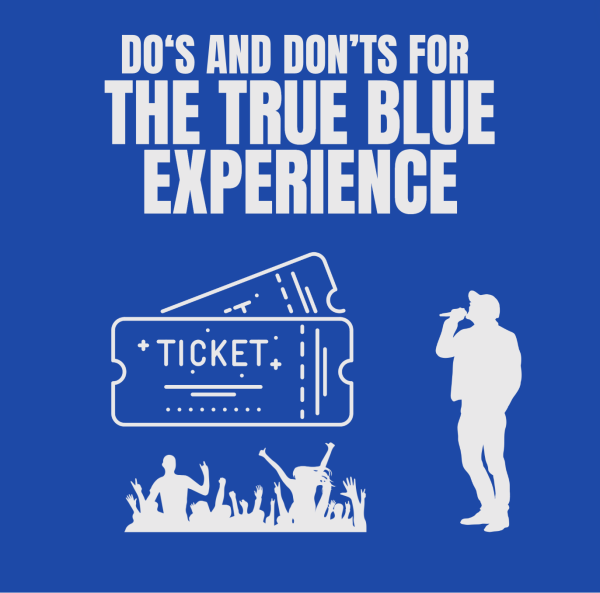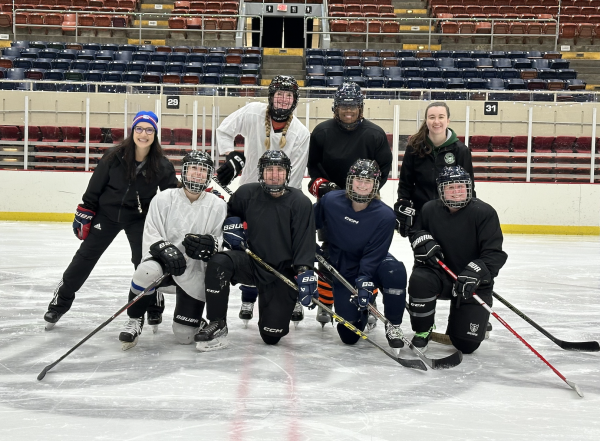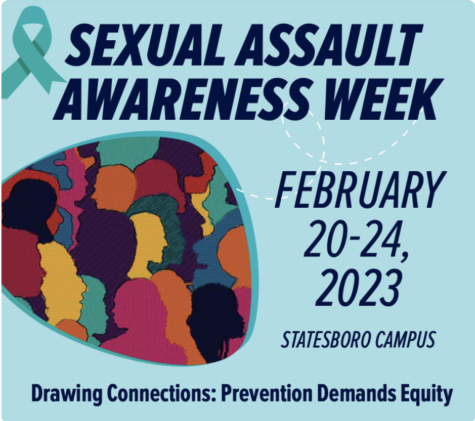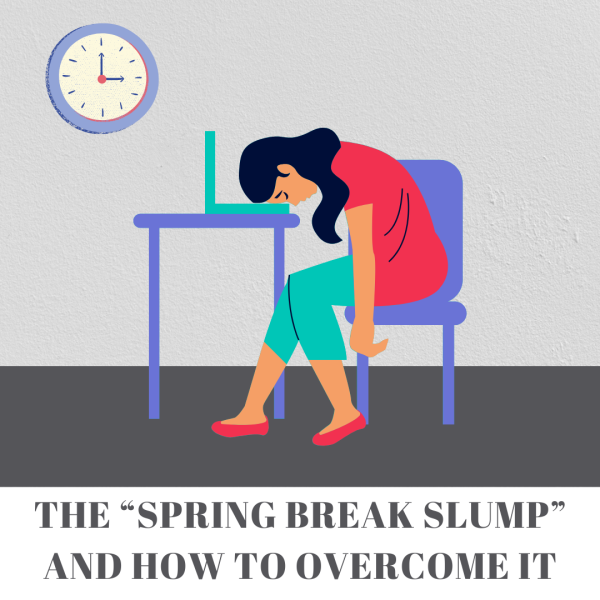Anxiety Society

Navigating social anxiety as a college student? Not the easiest task.
Social anxiety relates to the fear of being perceived by others in any way. People affected by social anxiety find social interactions extremely uncomfortable and feel self-conscious in their actions.
They’re prone to anxious thoughts like:
“I know I’m going to say something stupid”
“They probably think I’m weird”
“Maybe I should just stay home”
In college, students are always encouraged to meet certain social demands. Sometimes, you don’t even have the choice, with the incorporation of group projects and communal living situations into the average college experience.
“I had social anxiety before college, but I will say that it’s definitely been tested since I’ve been here,” said sophomore Amber Johnson. “I found it hard to make friends and connect with others in the beginning. I still struggle with that now honestly.”
And she’s not alone either. The Anxiety & Depression Association of America reports that “approximately 15 million American adults” live with social anxiety disorder. That amount of people only account for those who have been officially diagnosed – which many people have not been.
Those who do not experience social anxiety are often dismissive of those who do. They assume the person is just shy or lazy. Called shy because they’re reluctant to join student organizations without knowing anyone. Or lazy because they have a hard time mustering up the courage to attend their professor’s office hours.
Over time, this pattern usually leads to missed opportunities and even depression. Because it’s not like you want to have this aversion to social demands, it’s just become a part of you.
But if not tackled now, these behaviors will only persist and adapt after college and continue to disrupt your life. You might end up opting out of touring an apartment because you don’t want to talk to the leasing agent or decline a dream job position because the interview process was overwhelmingly communicative. And while there is no official cure for social anxiety disorder, there are ways to make it more manageable.
1. Tell Others About Your Social Anxiety
Social anxiety is nothing to be ashamed of. The thought of sharing anything about yourself may sound like a nightmare but can be effective in the long run. Because social anxiety is commonly written off as otherwise, it doesn’t hurt to share that you are affected by it with others to avoid misunderstanding. Informing others opens the door for them to educate themselves on social anxiety and understand you better moving forward!
2. Practice Calming Exercises
When you’re faced with social anxiety, take a moment to breathe and take in your surroundings. Remember that your anxiety is not in control and remind yourself where you are and what you are trying to accomplish.
3. Plan
Much of anxiety comes from the lack of knowing what’s going to happen. If you must call someone on the phone or meet with someone in person – write down what you’d like to say before encountering them. That way when it comes time to socialize, it won’t be as nerve-wracking because you already know how to carry the conversation.
4. Challenge Yourself
Start small by completing a task that triggers your social anxiety. Do you usually wait around for your friends to go eat in the dining hall? Try going by yourself. Don’t understand an assignment, but don’t want to ask it during class? Introduce yourself via email and ask your question there. Completing these small challenges helps break down the walls of anxiety at a comfortable pace.
5. Think of The Bigger Picture
Everyone is the main character in their lives. You might think that people are judging you all the time when that’s completely untrue. Everyone has their own thoughts, fears and worries. And most people are more concerned about themselves than what you’re doing.
When you’re feeling anxious in social situations, stop and think “Will this moment even matter a week from now?”






